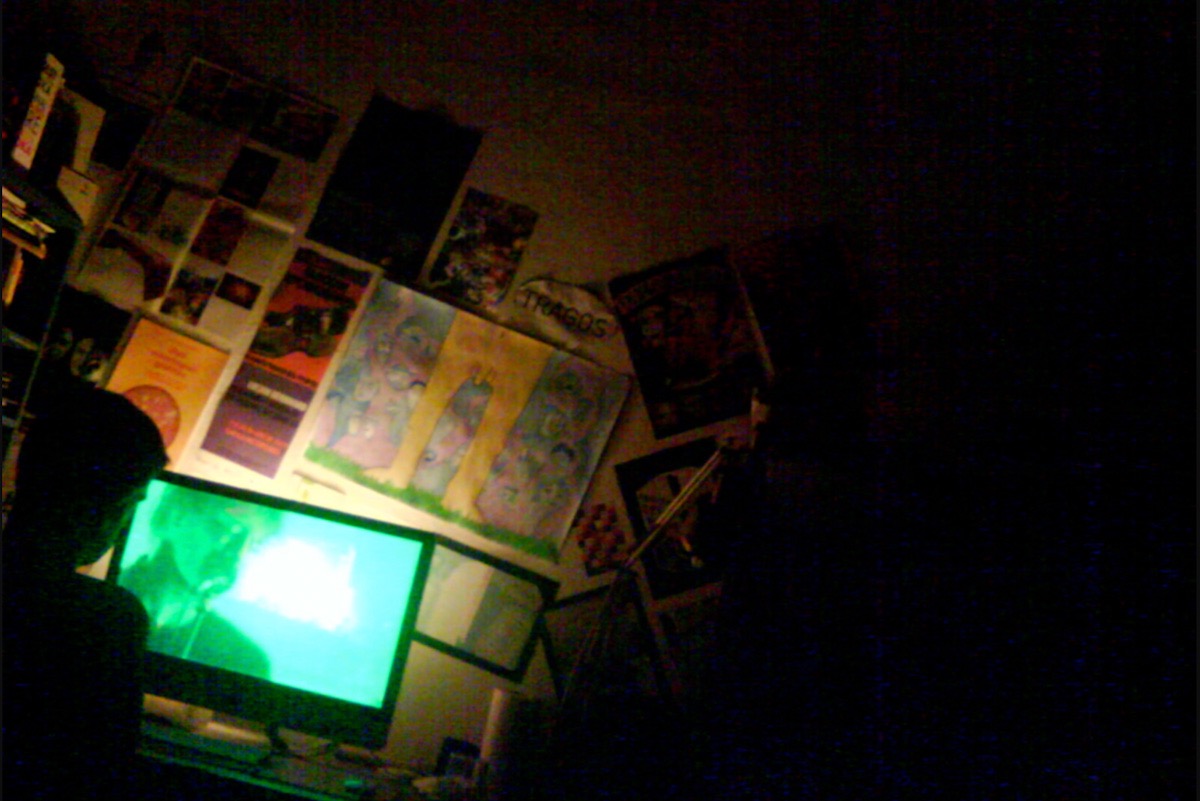children
In Praise of Boredom, Again
Brodsky said that when confronted by boredom we should “exact full look at the worst.” He said “When hit by boredom, go for it. Let yourself be crushed by it; submerge, hit bottom.”

In their book The Coddling of the American Mind Jonathan Haidt and Greg Lukianoff wonder where it all went wrong. How did we get to a situation where so many of our kids see themselves as fragile victims, but at the same time throw their weight around, telling the rest of us what we are allowed to think and say and do? Haidt and Lukianoff have set up a website devoted to exploring the issue and finding solutions.
I have a suggestion. It hit me like a hammer blow when I read Joseph Brodsky’s essay “In Praise of Boredom.” This was delivered as a commencement address at Dartmouth College in July 1989. Here is the opening sentence: “A substantial part of what lies ahead of you is going to be claimed by boredom.” That’s right. Joseph Brodsky, winner of the Nobel Prize for literature in 1987, assumed that these Ivy League graduates, in common with the rest of humanity since the dawn of time would face hours of the psychological Sahara of boredom that “starts right in your bedroom and spurns the horizon.”
How could Brodsky have guessed that the young people he addressed in July 1989 would be the last Western generation to live alongside boredom: in their bedrooms, on the bus, at the end of the day, and in the morning? That now, when the tiniest tips of our little fingers feel the first twinges of tedium, while the elevator travels between ground and first, we reach for our screens to become masters of fate, captains of souls, kings of new continents.
Even the vocabulary of boredom is disappearing. Brodsky lists these: “anguish, ennui, tedium, doldrums, humdrum, the blahs, apathy, listlessness, stolidity, lethargy, languor, accidie, etc.” Most of those can be excised from the Dictionary. Tell me honestly when you last used any of them?

Brodsky assumed that neither rich nor poor could escape boredom. “Nobody is as bored as the rich, for money buys time, and time is repetitive” whereas for those who live in poverty “boredom is the most brutal part of its misery.”
If boredom is so bad, isn’t it good that we can all be social influencers 24 hours a day? Or sit in our basements and fight alien armies? Robert Nozick posed a similar question in his 1974 book, Anarchy State, and Utopia. He asked us to think about an imaginary “experience machine” that would give us any experience we desired. You could stimulate your brain so that you would think and feel you were writing a great novel, or making a friend, or reading an interesting book. “All the time you would be floating in a tank, with electrodes attached to your brain.” You would be able to select your life’s experience for say the next two years. “After two years have passed, you will have ten minutes or ten hours out of the tank, to select the experiences of your next two years.” Nozick asks his readers if we would plug in. Writing in 1974, he assumed we would not. “Plugging into the machine is a kind of suicide.”
Brodsky, like Nozick, did not foresee the coming of the experience machines, now generally referred to as screens. But if he had, he also would have said we should not plug in. Brodsky said that when confronted by boredom we should “exact full look at the worst.” He said “When hit by boredom, go for it. Let yourself be crushed by it; submerge, hit bottom.”
Why? Because boredom represents your window onto infinity. And that is to say, onto your own insignificance. “For boredom speaks the language of time, and it is to teach you the most valuable lesson in your life … the lesson of your utter insignificance.” Boredom puts your existence into perspective “the net result of which is precision and humility.” The more you learn about your own size “the more humble and compassionate you become to your likes.”
Is boredom the ingredient our “snowflake” generation is missing?
* * *
As a child I was well acquainted with boredom. Like Brodsky described, it was there when I woke up in the morning and it stretched out over the landscape. Boy, did I feel small. But I learned humility and curiosity. And whenever they turned up, I sure had a great respect and curiosity for others, as well as an appetite and gratitude for the thoughts and works of those who had gone before.
I recently heard a friend planning a few days her daughter had off school. Barricade after barricade was erected against boredom. A tight schedule of activities, each more stimulating than the last, and then as the greatest reward of all: screen time. I have friends who, when they drive their small daughters half an hour across town, plug them both in to separate iPads. I quite often travel long distances on trains. I don’t think I’ve ever seen a kid looking out of the window, let alone a teenager. I have just spent two weeks with my own children. With the backstop of endless DVDs, iPads, and iPhones, they were never once bored. I could see entitlement stirring.

When Brodsky described us immersed in boredom he saw us listening to dust and sympathizing with sunbeams—recognizing that we are also small. Nozick asked of the person who chooses to plug himself into the experience machine, “Is he courageous, kind, intelligent, witty, loving?” “It’s not merely that it is difficult to tell; there’s no way he is.” How is character forged when you are permanently plugged in?
Another benefit of boredom is that it generally leads children to tear up their sister’s drawing, flick their brother’s ear, or shout at their mother. Evil stirs. Later in life as you remember these events you cannot assume it is only found in others.
Boredom teaches us humility. It builds resilience. It forges our characters. It exposes us to our capacity for evil. Boredom teaches us to cooperate with whatever or whoever is available so that we can escape its clutches. So it teaches us compromise as well as creativity.
Haidt and Lukianoff also tell us that our bossy kids, full of a sense of their own importance, aren’t even very happy. Boredom can help us there too. Brodsky thought that boredom, by making us feel small, charged us with life: “The more finite a thing is, the more it is charged with life, emotions, joy, fears, compassion.”
“Passion is the privilege of the insignificant.” Hello boredom, our old friend. Dare we introduce you to our kids again?






